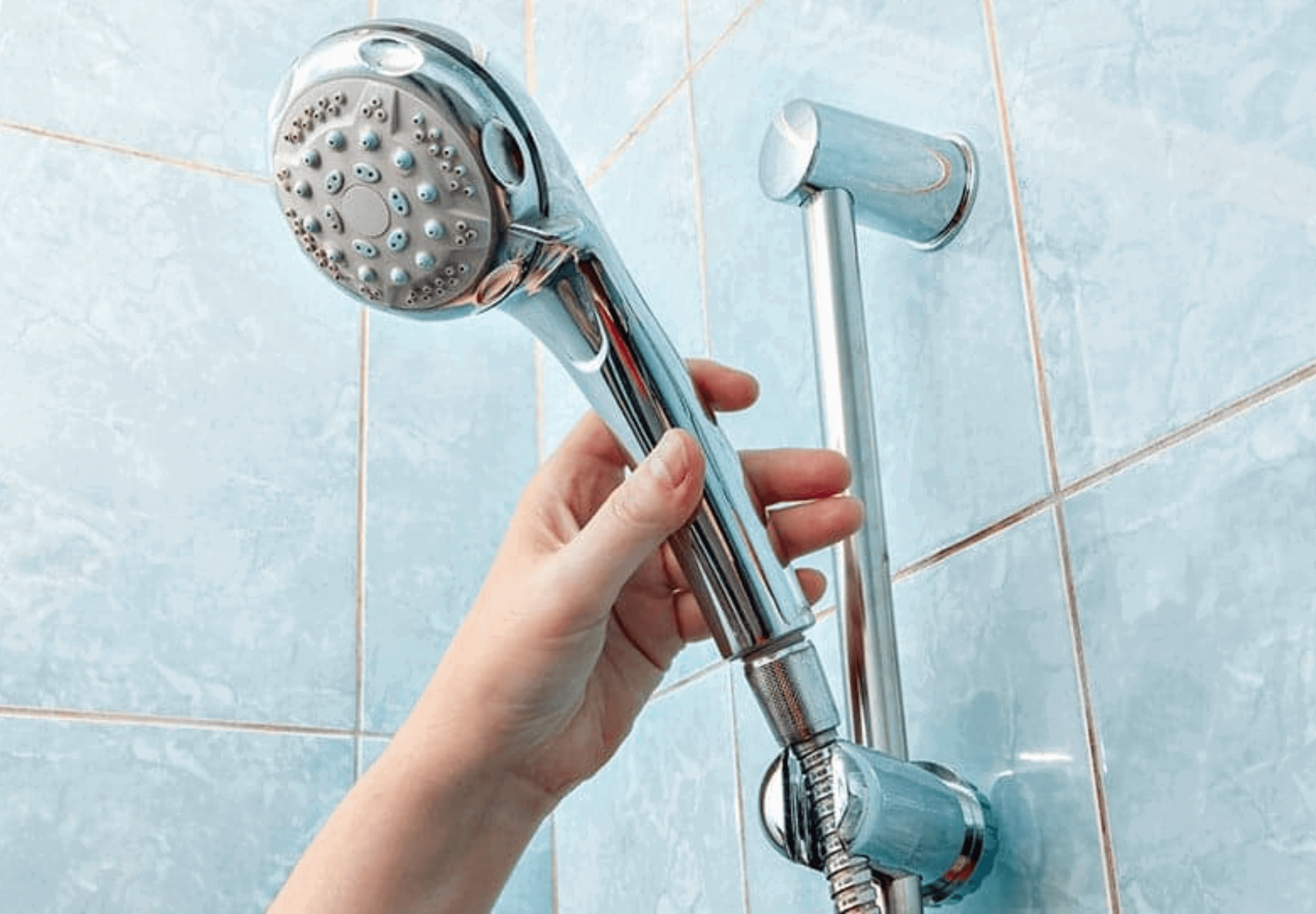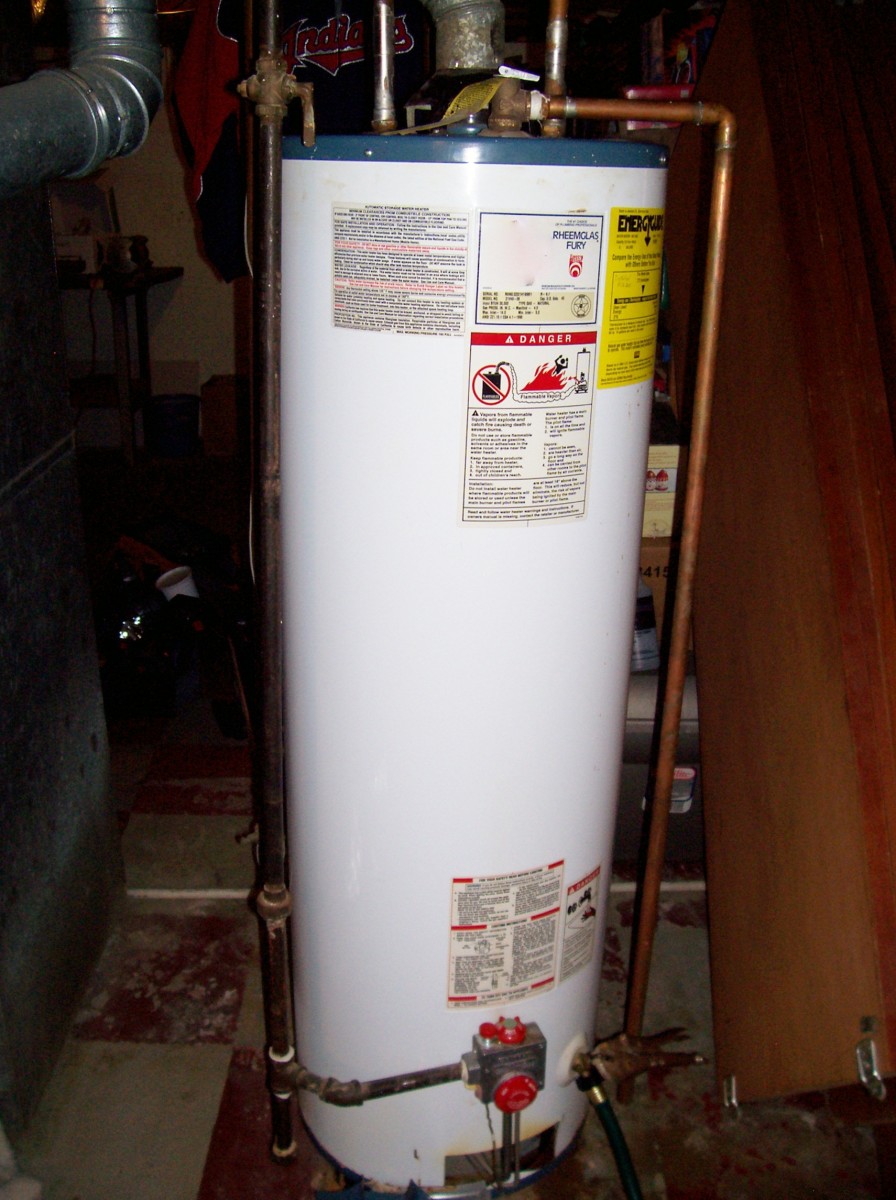5 Typical Water Leak Triggers
5 Typical Water Leak Triggers
Blog Article
The article down below involving Reasons for Water Heater Leaks is without a doubt intriguing. Read it yourself and figure out what you think of it.

"Be careful of little expenses. A small leakage will sink a wonderful ship." - Benjamin Franklin.
He could not have been a lot more appropriate because water leakages in our homes result in a waste of sources, raising our water expenses. Although this increase could seem negligible initially, it can cause significant expenses that can damage your financial institution. Aside from an increase in bills, water leakages also cause unwanted organic growth, structural damage, as well as even electric dangers.
If you have a water leakage isn't always simple due to being unable to see many of the pipework in your home, figuring out. If you have had a boost in your water bills recently, saw water spots on ceilings as well as wall surfaces, scented lousy odor, and so on. You might want to consider requesting plumbing solutions to get it took a look at.
There are several root causes of water leaks, and we have put together the typical reasons below. Check to see if you have had associated concerns in your home just recently.
Obstructed drains
Food particles, dust, and oil can trigger stopped up drains pipes and also obstruct the passage of water in and out of your sink. Raised pressure within the rain gutters can trigger an overflow and end up cracking or breaking pipelines if undealt with. To avoid clogged up drains pipes in your house, we encourage you to prevent pouring bits down the drain as well as normal cleaning of sinks.
High water pressure
You noticed your home water stress is higher than normal yet then, why should you care? It runs out your control.
It would certainly be best if you cared due to the fact that your average water stress should be 60 Psi (per square inch) and although your home's plumbing system is designed to stand up to 80 Psi. A boost in water stress can put a strain on your house pipelines and lead to fractures, or worse, ruptured pipelines. Get in touch with a professional about regulating it if you ever before observe that your house water pressure is greater than normal.
Deterioration
As your pipework grows older, it gets weaker and also a lot more susceptible to rust after the regular passage of water through them, which can gnaw at pipes as well as cause fractures. A noticeable sign of deterioration in your home plumbing system is staining and although this might be difficult to detect because of the majority of pipes hidden away. Once they are old to make sure an audio plumbing system, we recommend doing a regular examination every few years and also alter pipelines
Compromised pipe joints
Pipe joints are the parts of our plumbing system where the pipes link. It is important to note that also though pipes are developed to endure stress and last for a while, they weren't developed to last for life; therefore, they would weaken over time. A typical sign of damaged pipe joints is excessive sound from taps.
Broken seals
One more reason for water leakages in houses is damaged seals of residence devices that utilize water, e.g., a dish washer. When such home appliances are mounted, seals are installed around water adapters for easy flow of water with the device. Therefore, a damaged seal can trigger leak of water when in use.
With little or no expertise of plumbing, comprehending your home's plumbing system sufficient to repair a few of these problems (without effect) can be a trouble. Contact plumbing experts in Pittsburgh, Providence, Rochester, and also environ today, and also they'll make those problems vanish.
He could not have been extra ideal since water leakages in our houses result in a waste of resources, increasing our water costs. If you have had a rise in your water expenses recently, saw water spots on wall surfaces and ceilings, smelt poor odor, and so on. A boost in water stress can put a pressure on your home pipes as well as lead to fractures, or worse, ruptured pipelines. Another cause of water leaks in houses is damaged seals of home appliances that use water, e.g., a dish washer. When such devices are installed, seals are installed around water ports for simple passage of water via the maker.
5 TIPS IN DETECTING A WATER LEAK IN YOUR HOUSE
Water leaks can be hard to find in your home, yet they can be so common. We rely on water every day in our home, which is why a leak can cause big problems. By detecting them early, you can save money and further damage, getting the problem fixed as soon as possible. Here are 5 tips to help you detect a water leak in your home, so you can contact a plumber straight away and get the issue sorted.
Check your water meter
Many people underestimate the value of the water meter in their home. It can be one of the best ways to tell if you have a leak early on, so you can get on top of it before issues start arising. Start by turning off all the water in your home: taps, washing machine, dishwasher, etc. Now take a look at the meter – if it’s still changing with everything turned off, it’s likely you have a fast-flowing leak that you need to get on top of straight away. If nothing changes, then leave your meter for an hour or two and come back to it. Did it change in this time? It’s likely you have a slower leak, which isn’t as urgent but still handy to get fixed so it doesn’t become a bigger problem.
Keep an eye on your bill
Another good way to detect a leak in your home is by keeping an eye on your water bill. It helps if you have a past bill from the same period of time. You can compare like for like and determine whether your water usage has increased significantly. If it has, there may be a leak in your system that you haven’t picked up before. A professional plumber can check through all of your pipes and determine where it is coming from.
Look for damage
If you have a leak inside your home, you will notice damage over time. Take a look at your showers and bathtubs and note whether any of the tiles surrounding the area seem to be discoloured or damaged in any way. There may be water stains, mould or peeling material that has resulted from a build up of moisture over time. Make sure you take a look under sinks at the back of cupboards that don’t get accessed regularly. This is where damage can go unnoticed and build up over periods of time.

I discovered that content about How to Find and Prevent Water Leaks in Your Home while doing a lookup on the search engines. Liked our piece? Please share it. Let other people discover it. Kudos for your time. Visit again soon.
Fast response, call now! Report this page